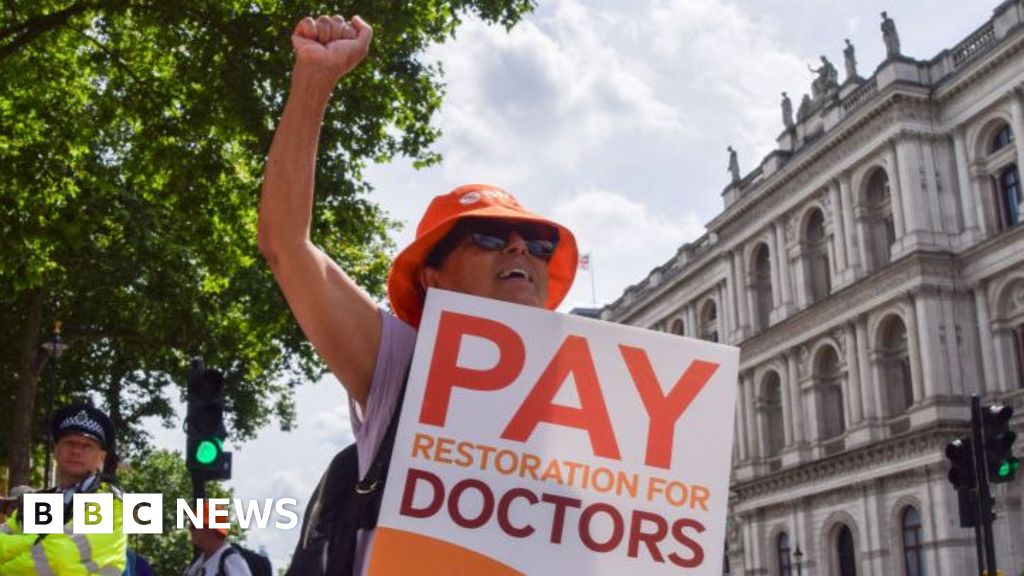The Policy Center for Maternal Mental Health recently released state-by-state maternal mental health report cards that provide a snapshot of state progress addressing maternal mental health. Using measures across three domains—providers and programs, screening, and coverage—these report cards pinpoint areas of opportunity for states to improve maternal mental health.
Overall, the report shows modest progress nationally and across states. The national rating improved from a D+ in 2024 to a C- in 2025. While 26 state ratings improved, no state has yet to achieve an A. The number of states earning a D or F rating dropped from 29 for 2024 to 19 for 2025. California continues to lead in maternal mental health, earning the highest rating of all states with a B+. Pennsylvania, Michigan, Colorado, Washington also earned a B grade. Just two states, Alabama and Mississippi, had a failing grade of F and have not improved.
For a detailed breakdown of each state’s performance and to access the full report, click here.

The policy center also recently released U.S. Maternal Mental Health Risks and Resources by County, which maps the rising risk for maternal mental health disorders, especially in rural communities. The number of high-risk counties increased from 700 in 2023 to 796 in 2025. The number of countries with “severe” risk for maternal mental health disorders, increased from 24 in 2023 and 92 in 2025. The map also shows zones where there is a shortage of maternal mental health providers.
For a detailed overview of the map, click here.
Another recent maternal mental health in JAMA Internal Medicine found a significant decline in U.S. mothers’ mental health from 2016 to 2023. Among mothers reporting in the National Survey of Children Health, the proportion who rated their mental health as “poor or fair” rose from 19% in 2016 to 26% in 2023. While maternal mental health declines occurred across socioeconomic groups, rates were significantly worse among single mothers and those with children on Medicaid or uninsured.
The decline may be linked to other factors outside of the COVID-19 pandemic, reflecting broader societal stressors such as housing insecurity or instability, childcare, and food costs, unequal household responsibilities, and lack of national paid parental leave. Experts also cite an ongoing shortage of affordable, high-quality mental health care.
Research shows that continuous coverage during the postpartum period improves access to health services and supports, including mental health services. Medicaid cuts on the table would further stress the already-strained maternal mental health system and threaten the modest state progress documented in states. Can moms afford further declines in maternal mental health?









 English (US) ·
English (US) ·